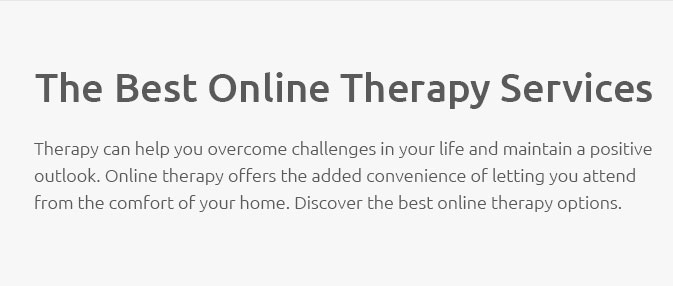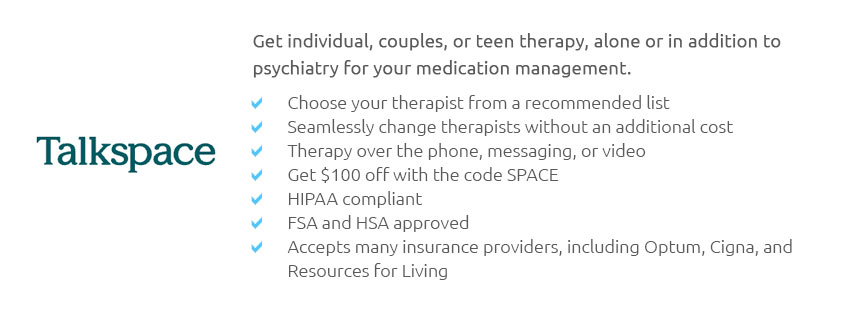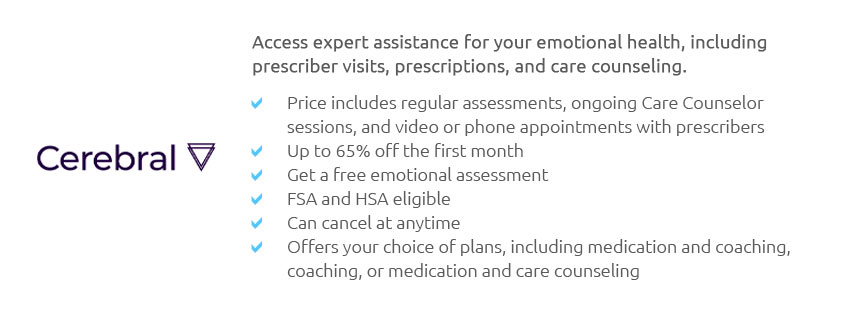 |
 |
 |
|---|
 |
 |
|---|
 |
|
|---|---|
 |
 |
 |
 |
 |
 |
 |
 |
 |
 |
 |
 |
 |
 |
 |
 |
|---|
Find a Trauma Therapist: Your Essential Guide to Healing and SupportFinding a trauma therapist is a crucial step towards healing and regaining control over your life. Whether you're dealing with the aftermath of a single event or complex trauma, the right therapist can help you navigate your emotions and begin the journey towards recovery. Understanding Trauma TherapyTrauma therapy is designed to help individuals process traumatic events and experiences. It involves various techniques and approaches tailored to meet the unique needs of each person. Types of Trauma Therapy
Each of these therapies has its benefits and may be more suitable for different types of trauma. How to Choose the Right TherapistChoosing the right therapist involves considering several factors that align with your personal needs and preferences. Credentials and ExperienceEnsure your therapist is licensed and has experience in dealing with trauma cases similar to yours. You might find it helpful to read this guide to finding a therapist for more detailed advice. Therapeutic ApproachIt's important that the therapist's approach resonates with you. Do you prefer a more structured approach like CBT, or a more holistic method like somatic experiencing? Practical ConsiderationsWhen searching for a trauma therapist, practical considerations can also play a significant role. Location and AvailabilityLook for therapists who are accessible to you, whether that's in-person or via online sessions. Finding someone who can accommodate your schedule is also crucial. Cost and InsuranceCheck if the therapist accepts your insurance or offers sliding scale fees if cost is a concern. This can significantly impact your ability to continue therapy long-term. Building a Supportive EnvironmentTherapy is just one component of healing from trauma. Creating a supportive environment around you is equally important. Family and FriendsInvolving trusted family and friends can provide additional support. Consider exploring resources like couples therapy chattanooga if your trauma impacts your relationships. Self-Care Practices
These practices can complement the work you do in therapy and enhance your overall well-being. FAQWhat should I look for in a trauma therapist?Look for a licensed professional with experience in trauma therapy. Ensure their therapeutic approach aligns with your needs and they are someone you feel comfortable with. How long does trauma therapy typically last?The duration of trauma therapy varies depending on individual needs. Some people may see improvements in a few months, while others may require longer-term therapy. https://www.psychologytoday.com/us/therapists/nc/charlotte?category=trauma-and-ptsd
Find the Right Trauma and PTSD Therapist in Charlotte, NC - Lauren Barker, LCMHC, MA; Della V Mosley, PhD; Ashya Kennedy, MEd, LCMHC; Cherish Fields, LCSWA, ... https://www.psychologytoday.com/us/therapists/nc/charlotte?category=trauma-focused
Find the Right Trauma Focused Therapist in Charlotte, NC - Jessica Burstein, MSW, LCSW; Jeanne Owens, MSW, LCSW; Jaclyn Russo, PhD, MEd; Lauren Xu, LCSW; ... https://therapistsincharlotte.com/therapists-charlotte-blog/how-to-find-a-trauma-therapist-in-charlotte/
The Greater Charlotte Hope Line (980-771-4673) offers free, confidential advice for Charlotte residents who need assistance with family issues, ...
|
|---|